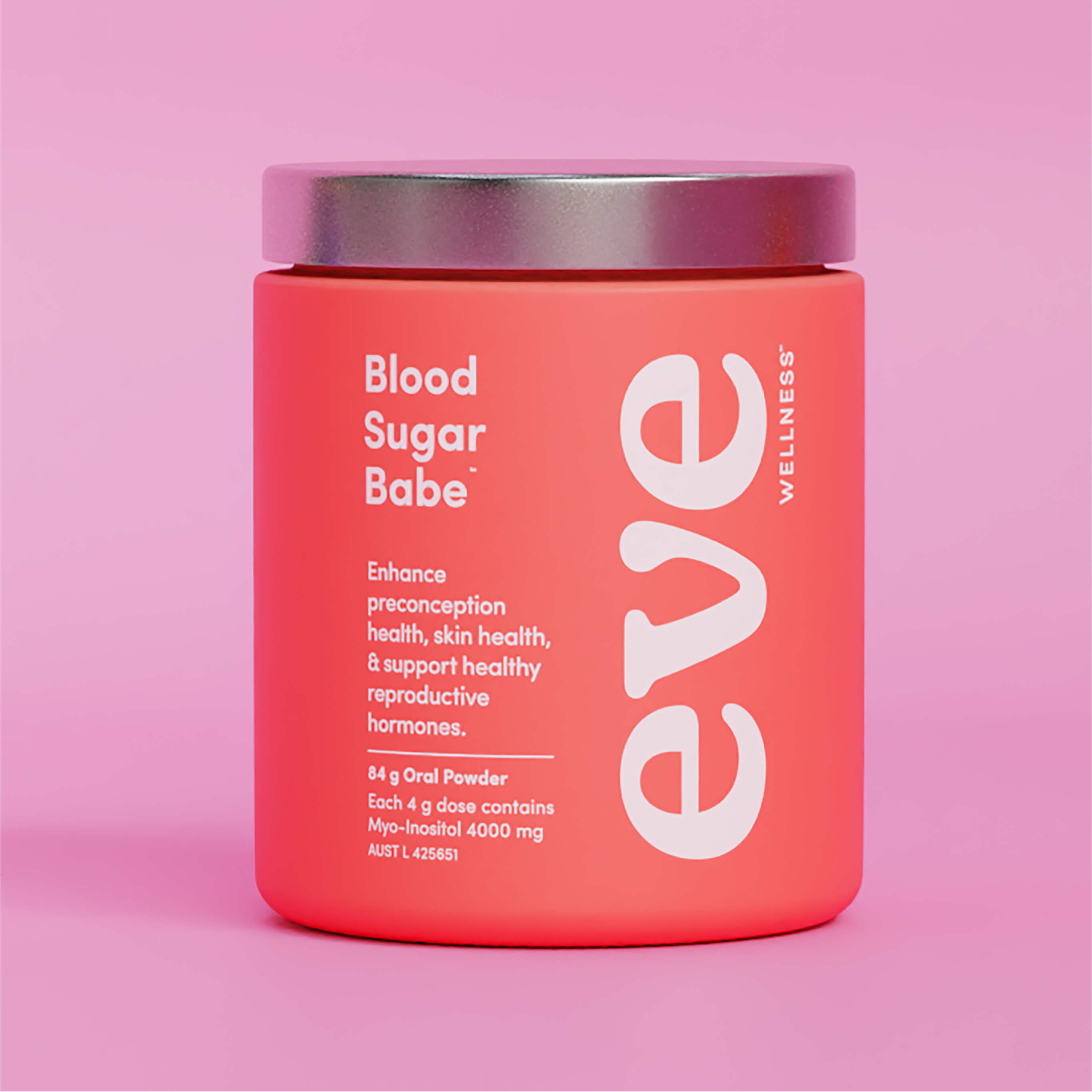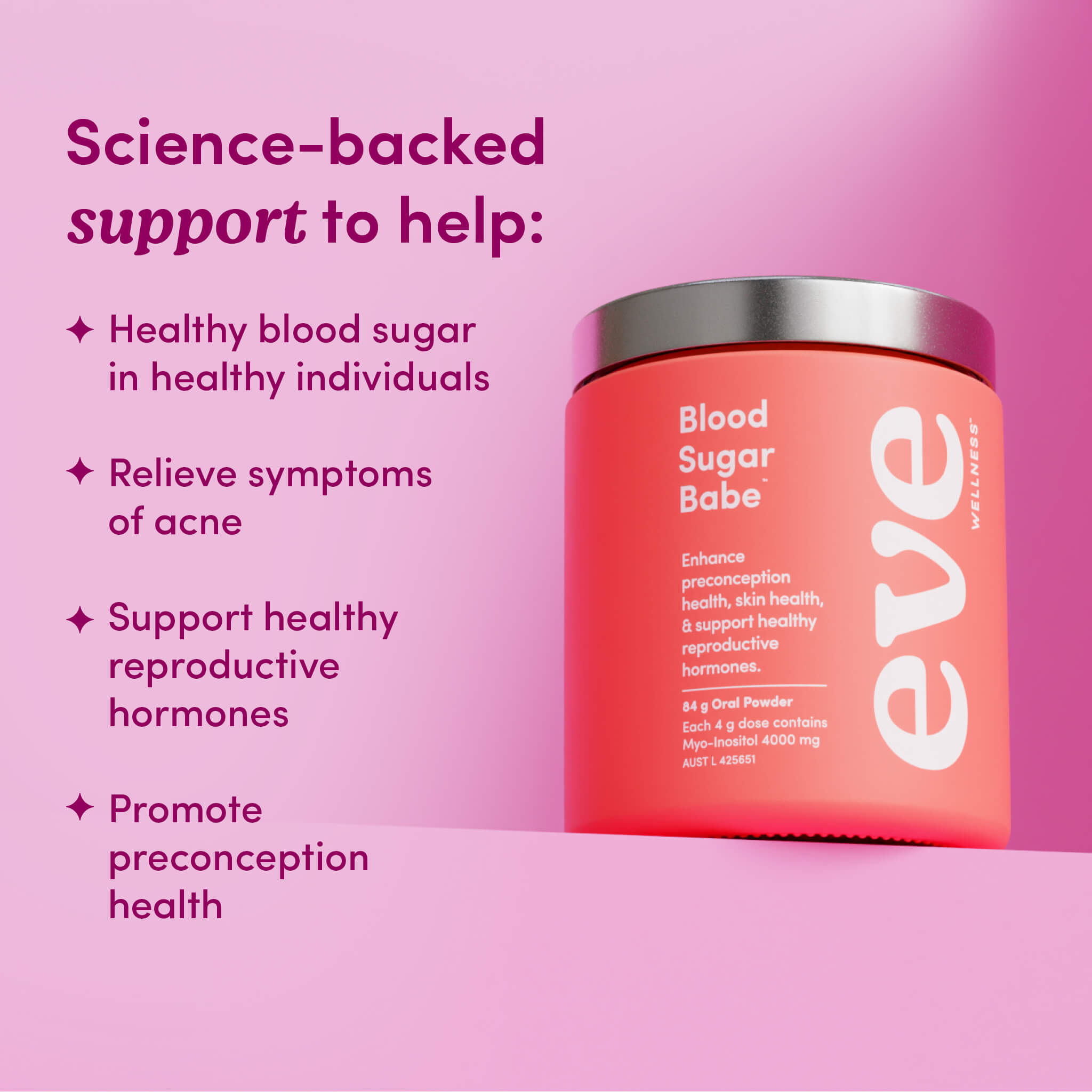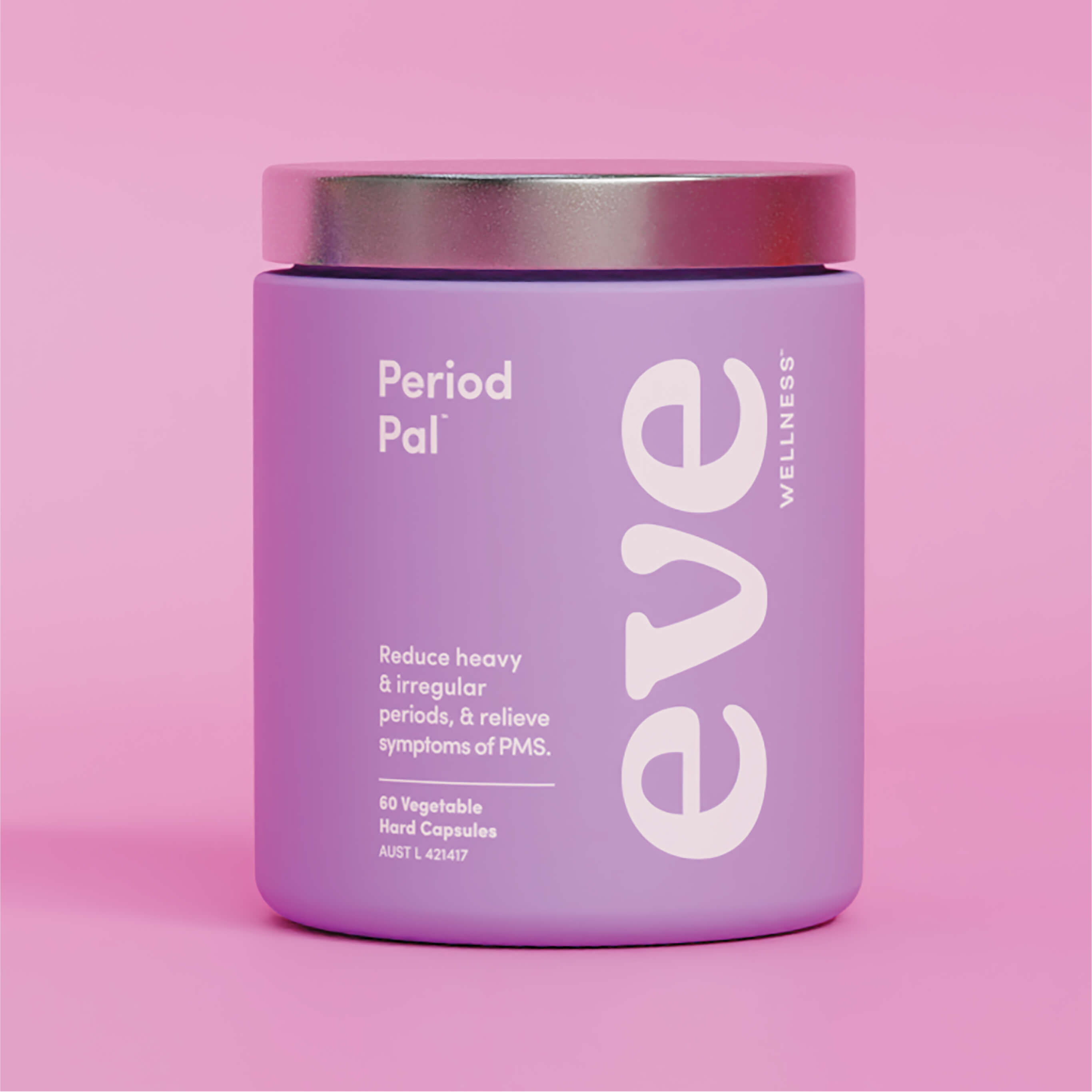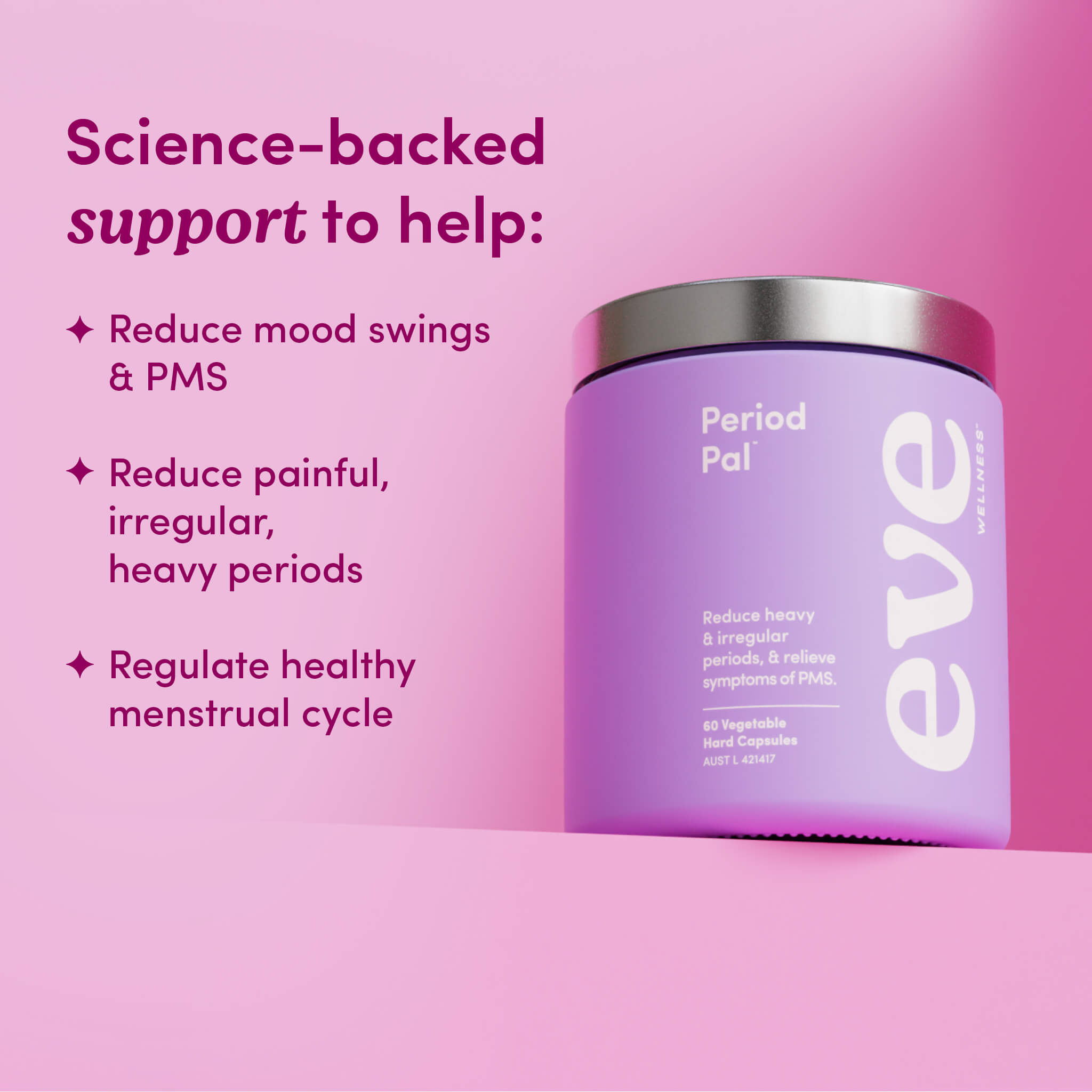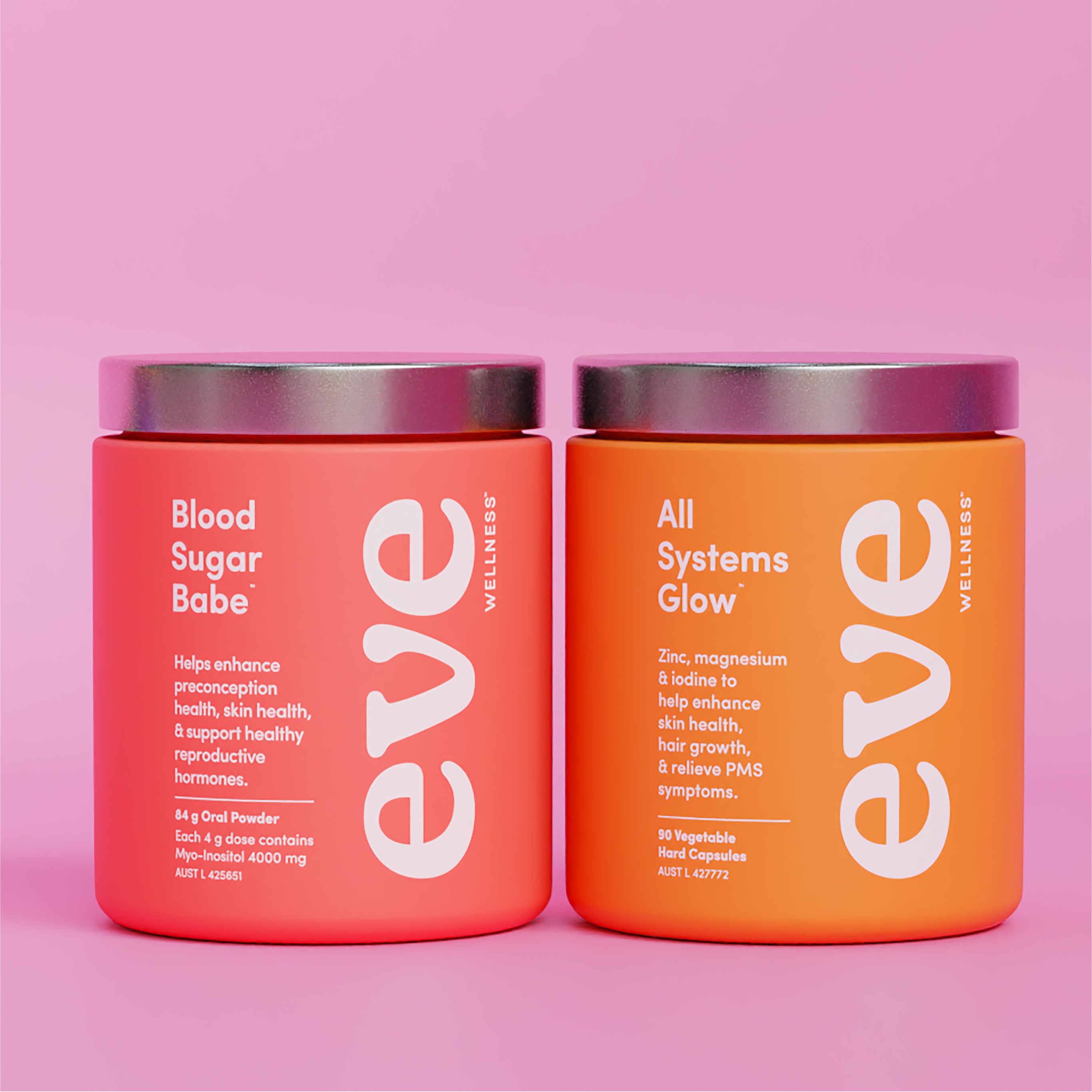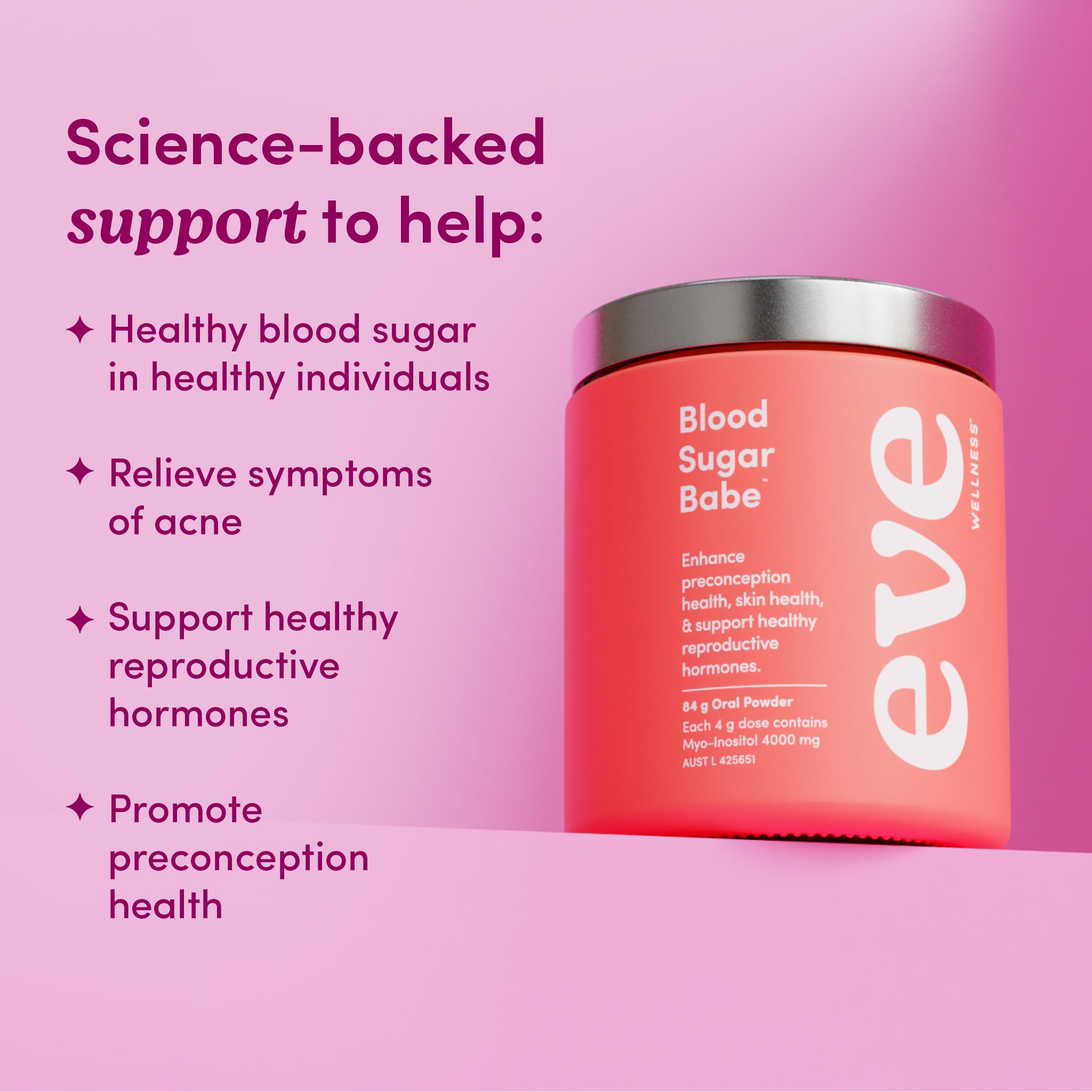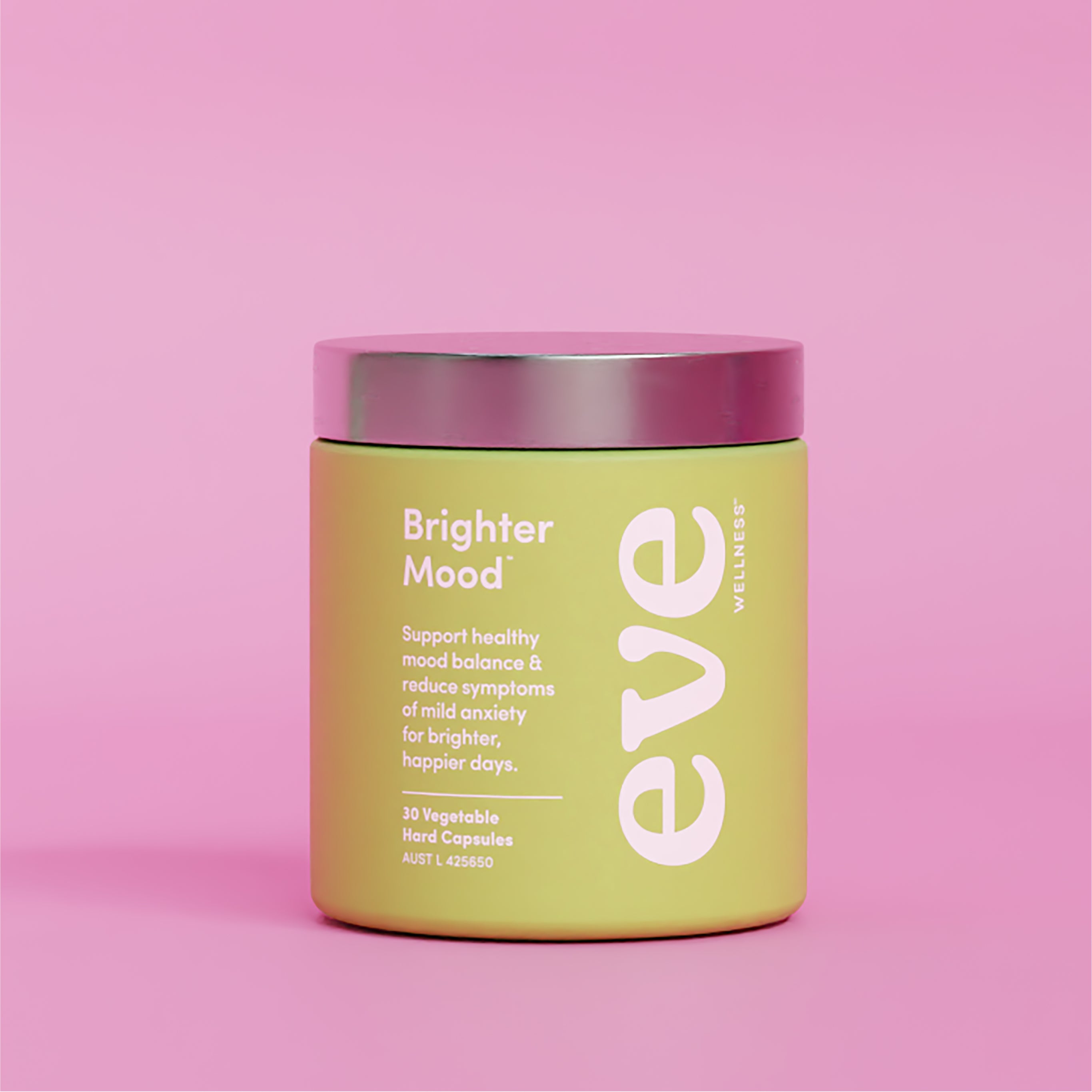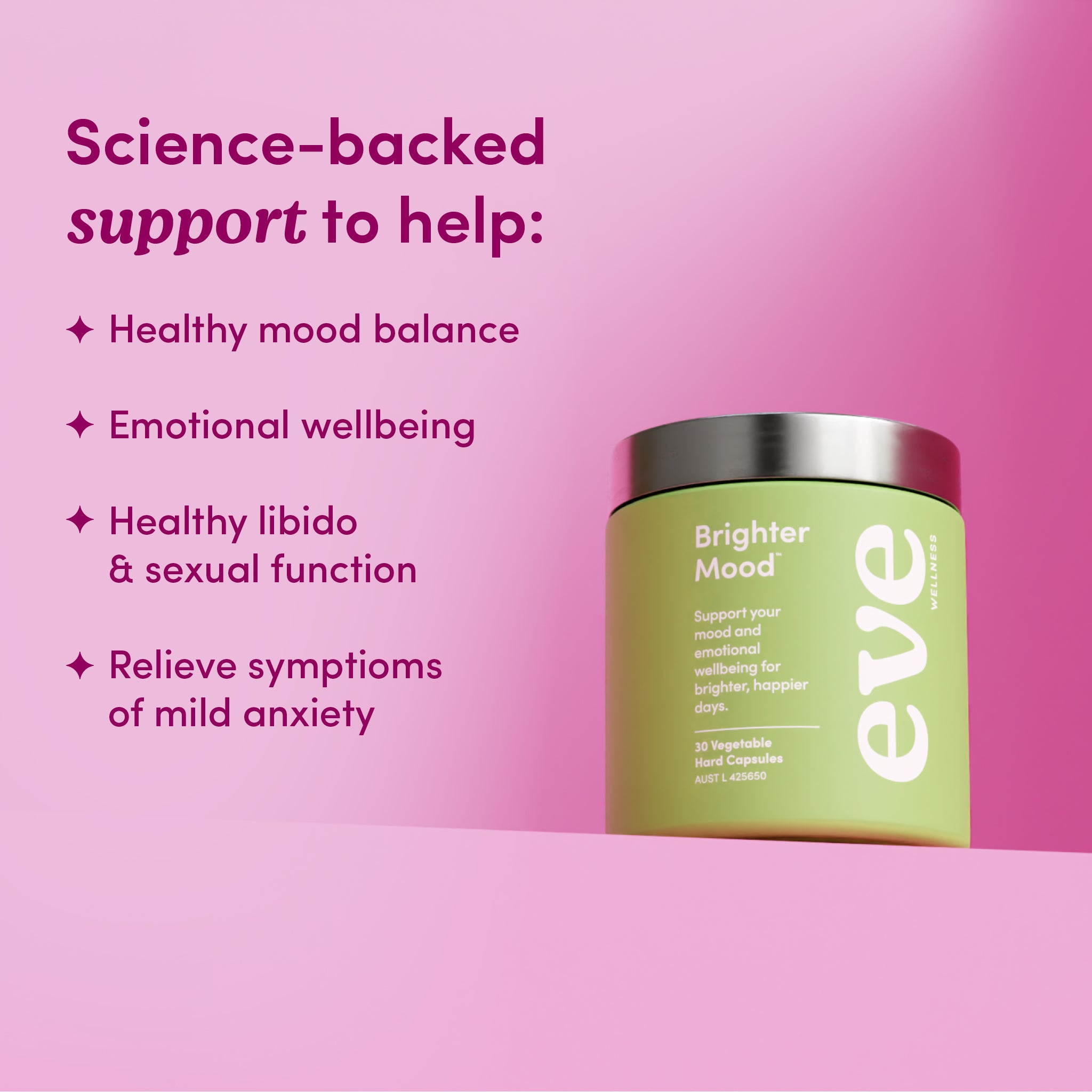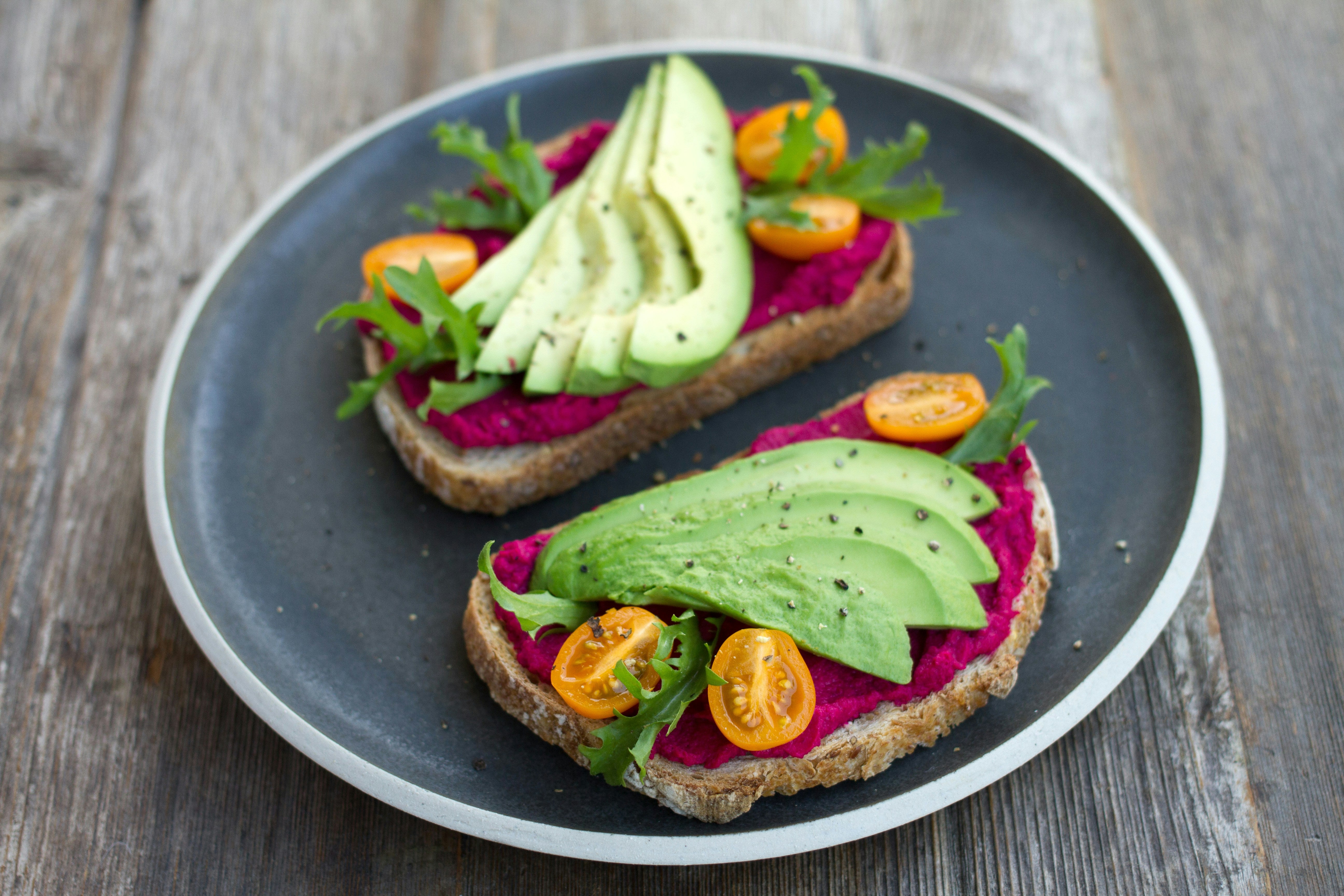Not all that long ago, researchers figured out something that women have known first-hand for a long time—we naturally eat more or less during different phases of our menstrual cycle.
While sometimes a smoothie for breakfast is all you need, other days you’re hangry and on the hunt for a second breakfast by 9am.
Sound familiar? If so, keep reading because we’re about to dive into:
- The 4 phases of your cycle,
- How each of these affect your appetite,
- And how much food your body will be asking for to feel full, satisfied and well fuelled.
- We’ll also touch on the foods that you’ll want to be fuelling up on the most in each phase.
We’ll talk you through an average 28 day cycle, but of course you might not be ‘average’ and that’s totally cool. Generally, any cycle length between 21 - 35 days is considered ‘normal’. So if yours is longer or shorter than 28 days, that’s cool too.
The sex hormones that make you hungry (or not)
The two key appetite-affecting hormones that rise and fall throughout the month are:
Oestrogen
Oestrogen is a mood booster (yay!), and appetite reducer.
Oestrogen also increases insulin sensitivity, which means that if you’re a fan of carbs, oestrogen - in the right amounts - is on your side.
Progesterone
Our lovely soothing and balancing hormone. Progesterone increases core body temperature and ramps up your metabolism & appetite, all while supporting total body relaxation. This translates to your body naturally wanting you to eat more, and do less.
Period & Early Follicular Phase (Roughly Days 1-6)
The first day of your cycle is the day your period arrives.
At this time of your cycle, both oestrogen and progesterone are at their lowest levels. We find that many women may also experience inflammation that causes pain, swelling/bloating or a general uncomfy feeling around your lower belly.
Menstruation is a time where appetite differs from woman to woman, depending on their period. Some find inflammation and symptoms such as pain, nausea and fatigue dulls their appetite, whereas for others, this is when cravings for anything and everything occur.
Foods you’ll want to maximise in this phase are:
- Anti-inflammatory foods, such as leafy greens, turmeric, salmon and olive oil.
- Iron rich foods, such as free range and organic sources of red meat, leafy greens such as spinach and kale, and legumes & gluten free grains (if tolerated).
- Healthy comfort foods. No, we’re not talking about crying into a pint of ice cream. But if warming, comforting foods such as porridge, gluten free toast or mashed potatoes make this these few days more bearable, then you go girlfriend.
Follicular Phase (Roughly Days 6-13)
Your period has now been and gone, along with any pain or inflammation that came with it, and oestrogen and testosterone are on the rise; making you feel confident, energetic and sexy.
If this time of the month was a season it would be summer. It’s generally a pretty sweet time that everyone looks forward to, and you might find yourself feeling more extroverted and social.
Higher levels of oestrogen can often mean that your appetite may be a little lighter in this phase.
Just like in the heat of summer, you might find your body craves lighter, fresh meals such as smoothies and salads; and finds these foods nicely satisfying.
Another wonderful function of oestrogen is its effect on insulin sensitivity. The first half of your cycle will generally see your body using carbohydrates for fuel more efficiently, meaning you may do well by including a few more quality carbs in your diet around this time (sweet potato, whole grain or steel cut oats, gluten-free grains etc).
Foods your body will love during this phase are:
- Eating the rainbow. Important at every time of the month but with an oestrogen and insulin working in your favour, you might find fresh fruits and vegetables particularly nourishing and satisfying in the follicular phase.
- Foods rich in zinc, such as oysters, pumpkin seeds and red meat. Zinc nourishes ovarian follicles and supports healthy ovulation and progesterone production, which is very important to prepare for the next phase of your cycle...
- Flaxseeds. High in lignans, flaxseeds naturally support oestrogen balance by gently assisting oestrogen production and excretion where necessary.
Ovulation & Early Luteal Phase (Roughly Days 14-22)
The second half of the cycle that follows ovulation sees oestrogen levels drop and progesterone levels rise.
The progesterone surge that happens after ovulation raises your core body temperature. When your body temperature ramps up, so does your metabolism.
Because of this, women generally have a stronger appetite and more cravings in the second half of their cycles.
Please note that this increase in appetite is nothing to fear! With a higher metabolism during this phase, your body is perfectly prepared to deal with some extra fuel.
With lower levels of oestrogen, insulin sensitivity and carbohydrate tolerance are also reduced. This means that your body will now favour fat for fuel over carbs (glycogen).
At this time, your body will thank you for fuelling it with:
- Healthy fats, such as avocado, salmon, nuts, and extra virgin olive & coconut oils. These keep your blood sugars nice and stable and cravings at bay. You should avoid vegetable oils such as canola, rice bran and sunflower for the entire duration of your cycle.
- Fibre & water, to keep you regular. The total body relaxation effect of progesterone can also affect the bowels and can slow things down enough to lead to mild constipation in some women. Fiber and water consumption is also important for getting rid of any oestrogen the body no longer needs.
Late Luteal Phase (Roughly Days 23-28)
The days before your period are when PMS can stop by to say hello and things really start to get interesting!
Both oestrogen and progesterone are on the decline, with progesterone remaining the dominant hormone (ideally, if your hormones are optimally balanced). This hormone picture is why many women find themselves particularly ravenous in the days before both hormones plummet and their period arrives.
As your hormones take a dive, so can your energy levels, mood and mojo. It’s particularly important to listen to your body and rest when you need to in this phase of your cycle.
During this phase, food that will serve you include:
- Quality sources of protein at every meal, such as free range meats & poultry, wild caught seafood, eggs and legumes. As an added bonus these are also loaded with vitamin B6, which supports serotonin production (goodbye PMS related low moods) and detoxification of excess oestrogen that your bod no longer needs.
- Magnesium rich foods, such as leafy greens, avocado, cacao and nuts & seeds. This wonder nutrient regulates stress hormones, enhances the calming action of progesterone and helps with menstrual cramps.
The bottom line: A strong appetite is not a bad thing
When our hormones are nicely balanced, and are rising and falling at the right times, these subtle shifts in appetite are a good thing! The female body is smart. It knows what it’s doing and when it needs slightly more or less fuel to do its job. Your job is to trust it and to go with your body’s flow - without judgement, and with love.
A strong appetite isn’t a bad thing. Even if our diet culture may have taught you that it is. It’s really a sign of a healthy body that wants enough energy to show you just how well it can function with enough of the right kind of fuel.
Knowledge of what’s going on inside your body really is power here. When you understand what’s going on with your hormones, you can also understand why this shows up as it does.
